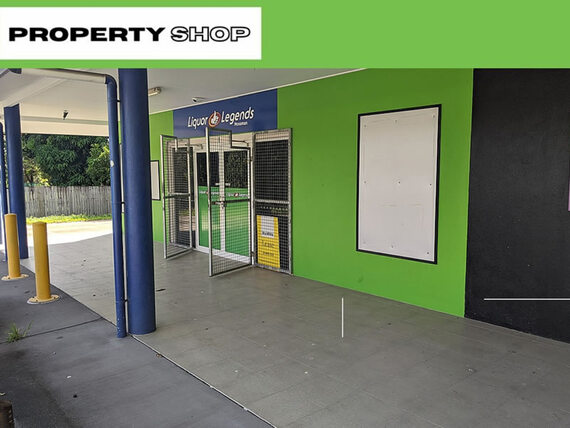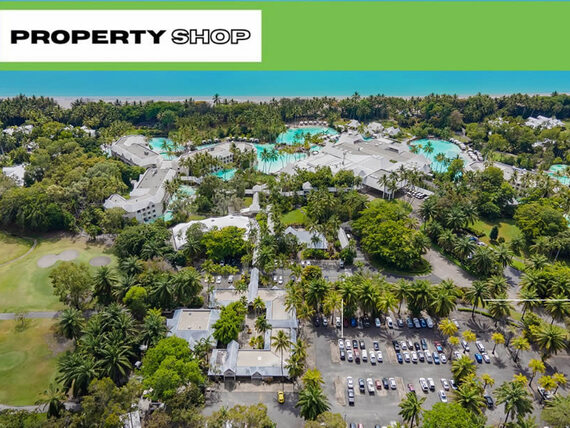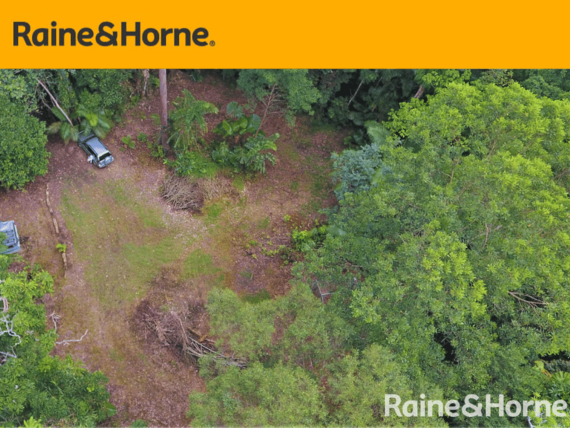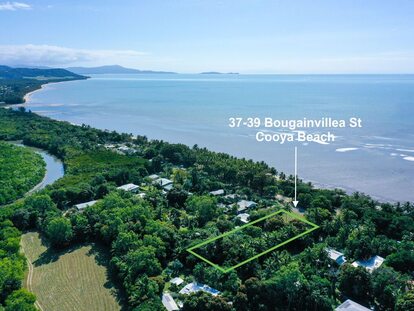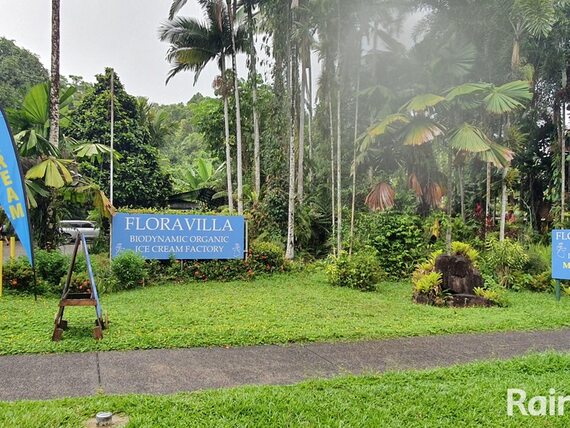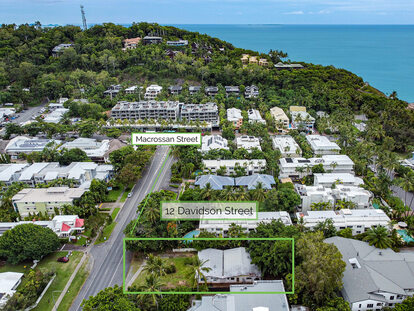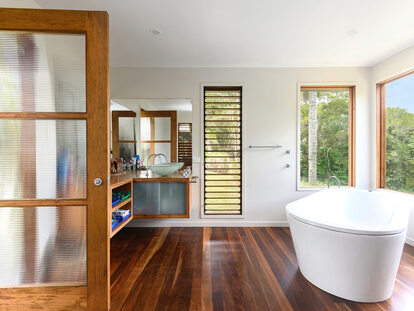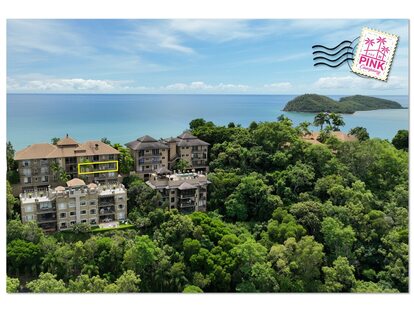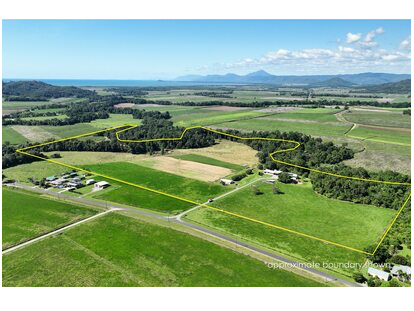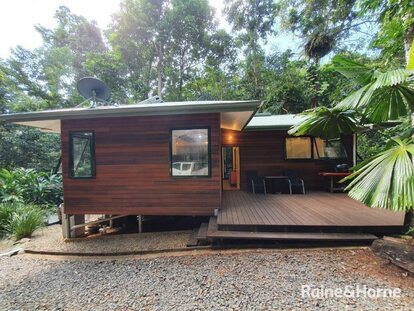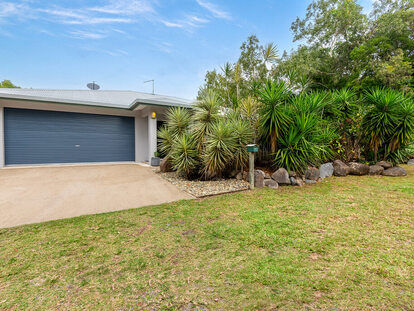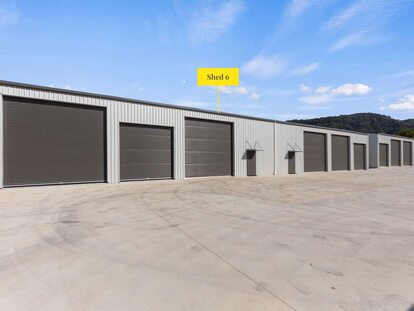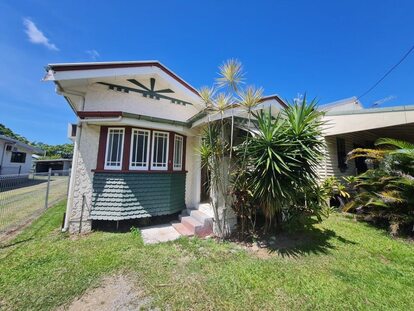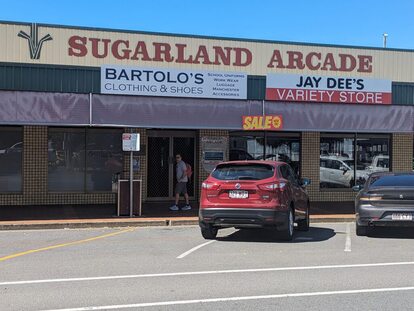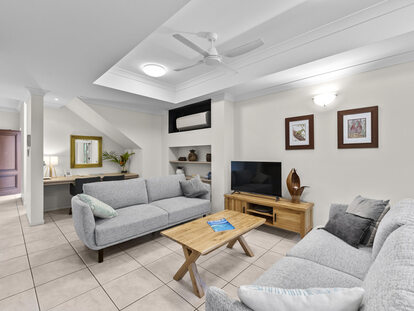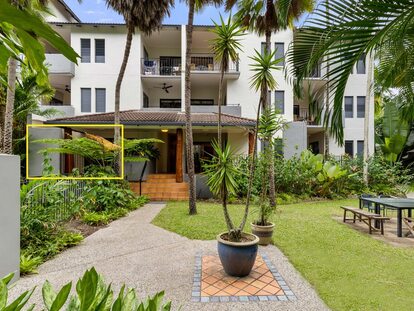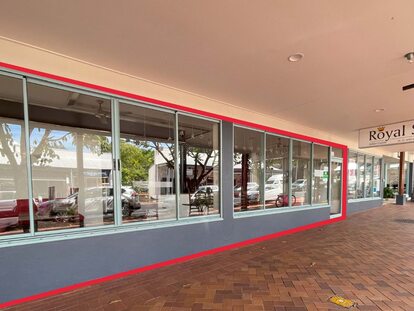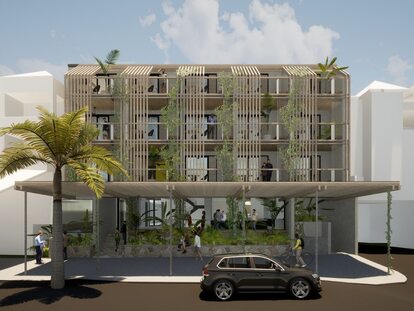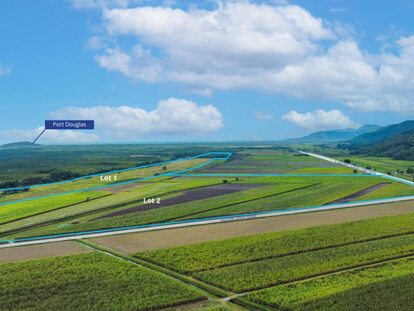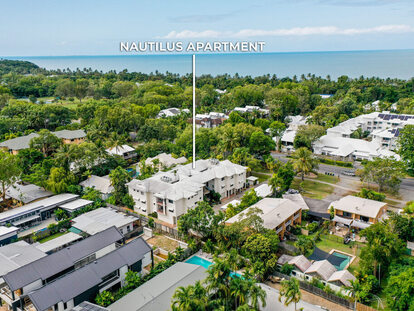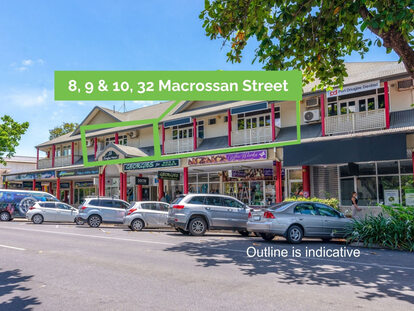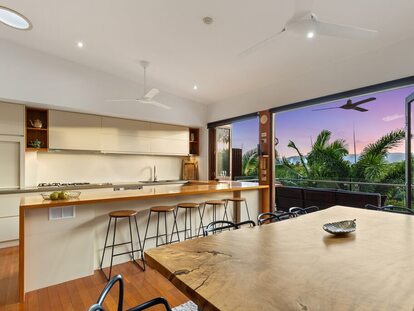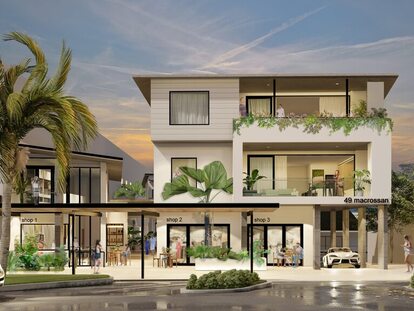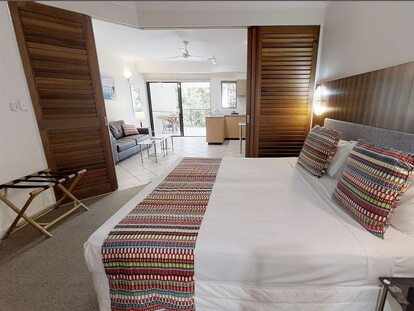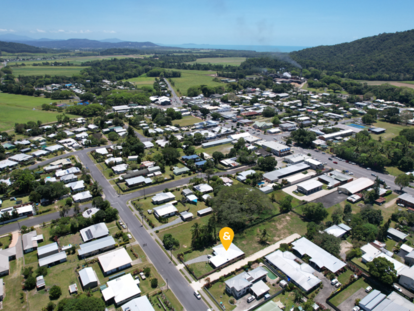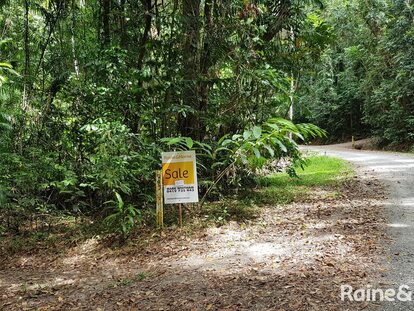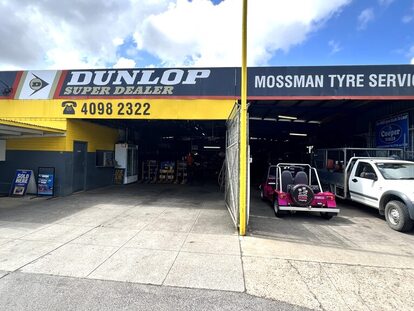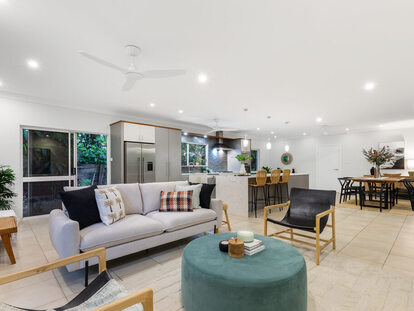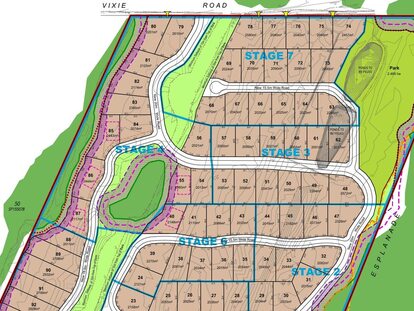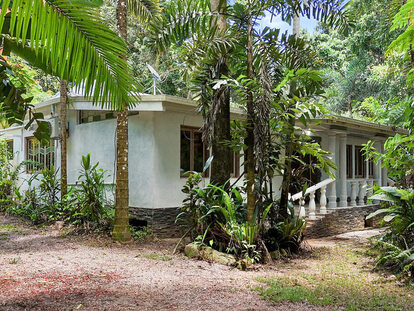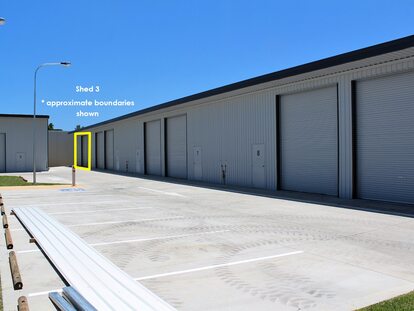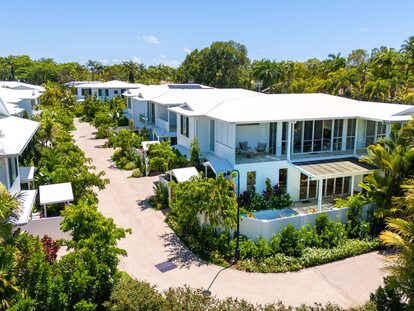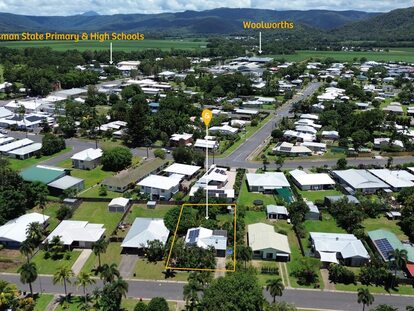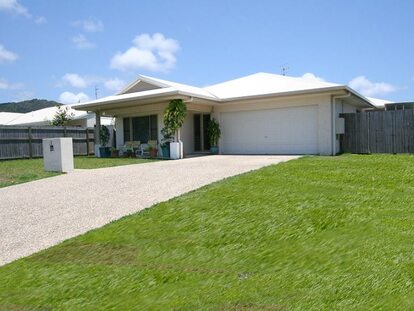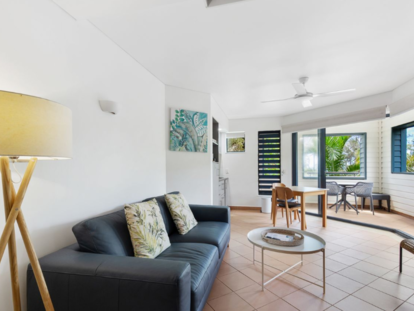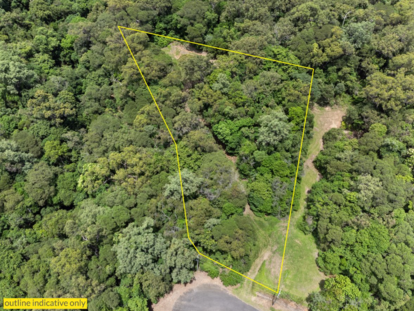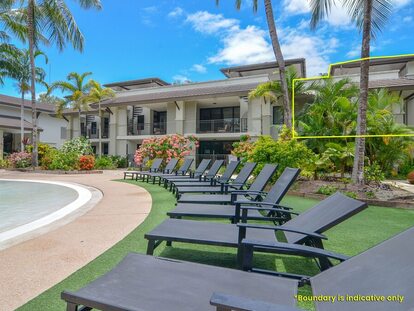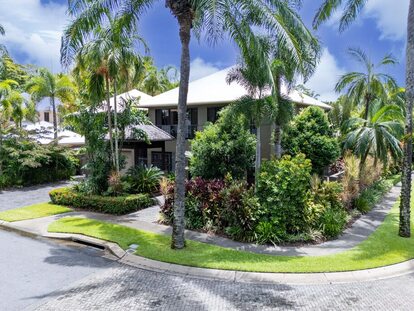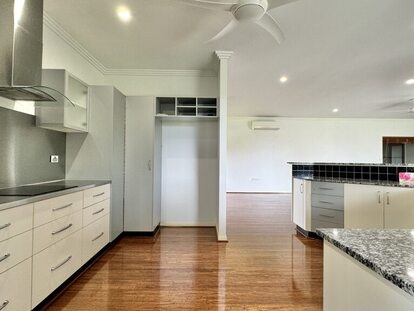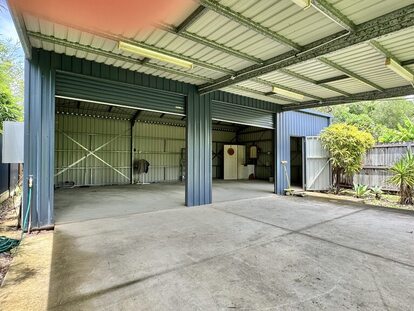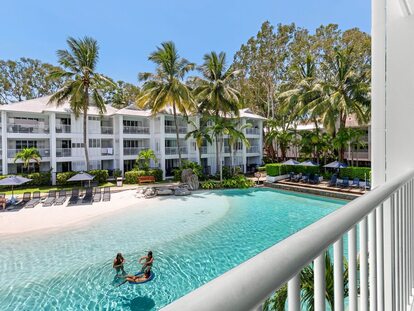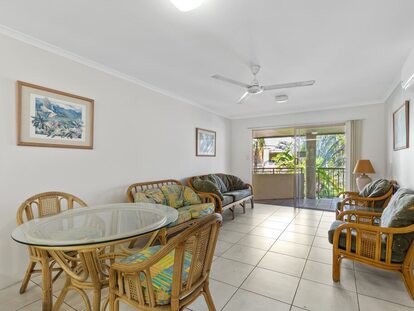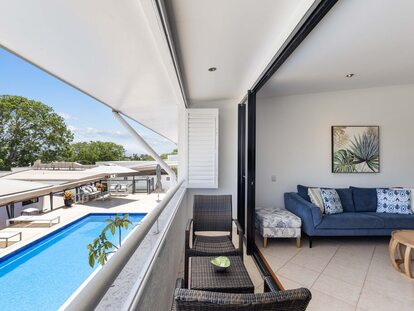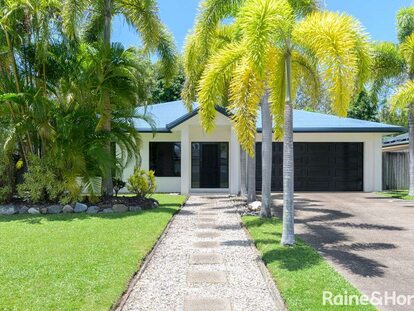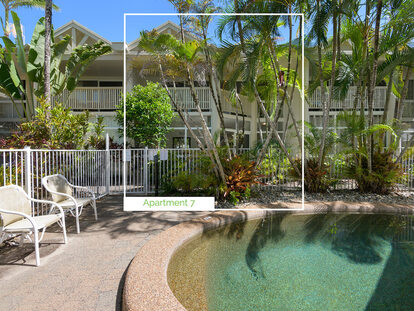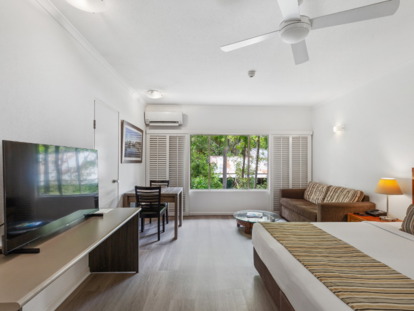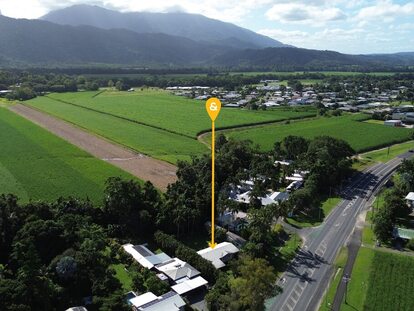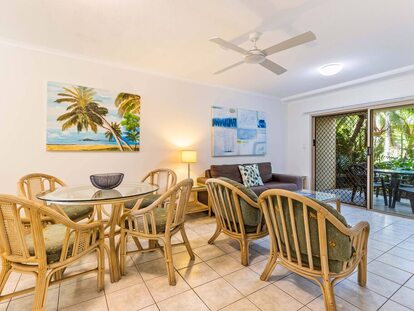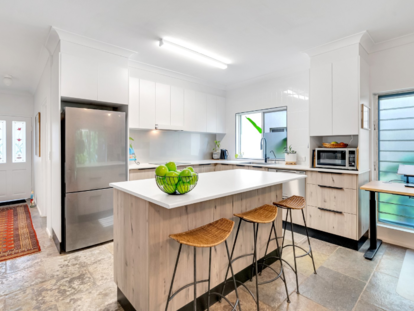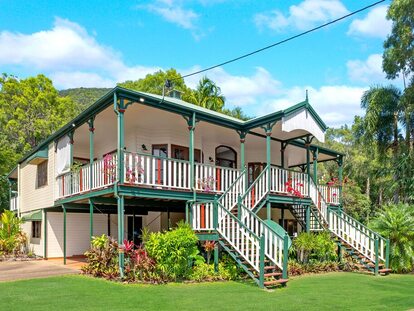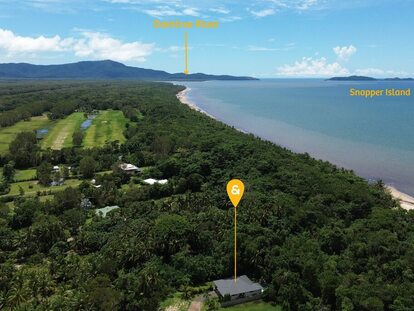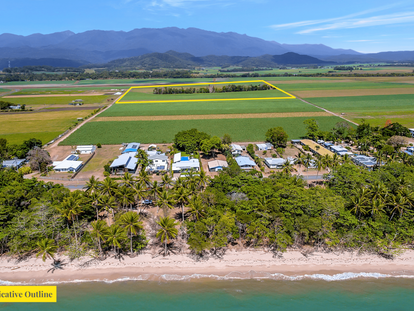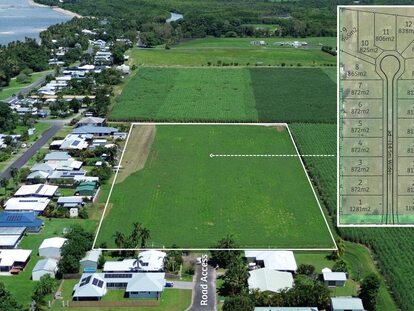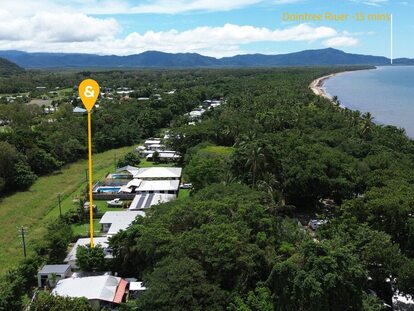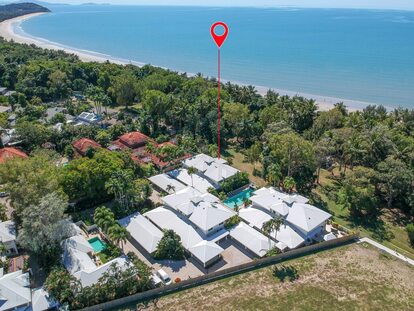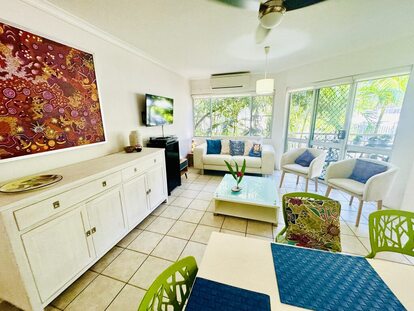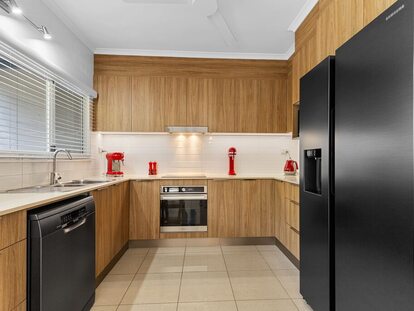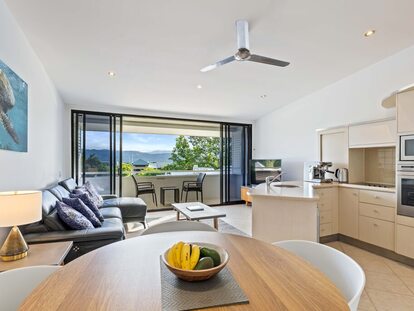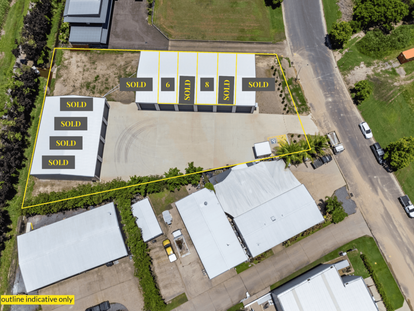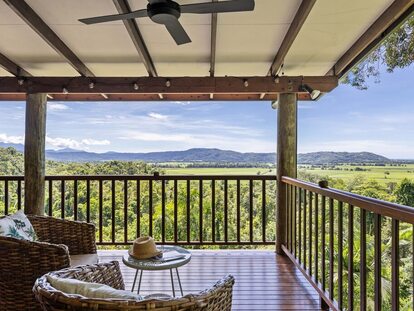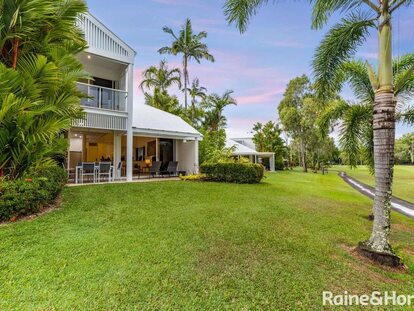OPINION | Housing: Reserve cannot be the driver
OPINION
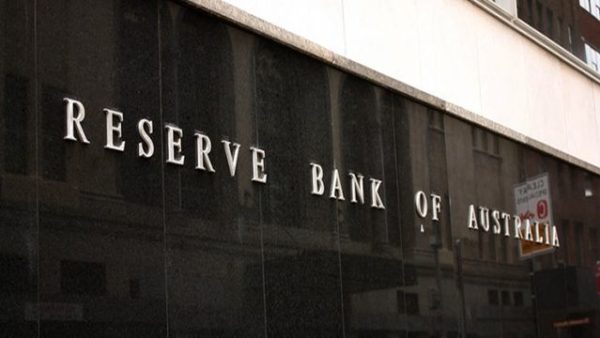
Putting on his best Churchillian accent, Minister Jim Hacker envisioned his destiny and said: “When a country is going downhill, it’s time for someone to get into the driver’s seat and put his foot on the, er, . . . “, only to have Bernard Woolley bring him to the absurd reality of bus hurtling out of control and Hacker as driver putting his foot on the accelerator making matters worse.
These days we like to think that our economic bus is guided by the steady and independent hands of the Reserve Bank.
Even so, the Reserve Bank seems to be having trouble at the moment making the economic bus perform as well as it should.
At 0.1 percent it cannot lower interest rates any more. And at that level it seems the Reserve is fuelling a property boom with investors churning their increased equity from earlier purchases back into ever more property purchases, cutting out struggling first home-buyers.
Australia’s economic well-being and social cohesion are dependent on the resolution of this dilemma. Low rates are needed to stimulate business activity which drives employment. But higher rates are needed to remove some investors from the housing market to boost home ownership – one of the historic ingredients to social cohesion.
Added to that, property has always been a more stable investment than shares. People will do anything but sell their home in a fire sale. This holds up prices. Also, they cannot sell part of their home in the way they can sell part of their share portfolio thus depressing share prices.
Moreover, in most markets fear dampens greed. But in the Australian property market, fear – the fear of missing out – is adding to greed to inflame prices.
Added to this are the massive tax breaks on property investment – negative gearing and capital-gains concessions.
What can be done? The Reserve has come under fire for not cutting rates earlier to boost investment in the real economy or for cutting them too soon or for not increasing them thus boosting speculative investment in property.
But that might be a bit unfair. To stretch the bus analogy a little further, the Reserve only has access to the brake pedal. It can push down on it (increasing rates) or release pressure on it (reducing rates). And that is about it.
The Reserve has no control over the steering wheel, the accelerator, or any of the other controls across the dashboard or even which map or what sort of fuel is to be used. Those controls are in the hands of Governments (mainly federal) and the private sector (national and international).
So, what can the Reserve do? Basically, nothing, as attested by Reserve Governor Philip Lowe’s constant pleas to the Government to act, especially by spending more on infrastructure to create jobs.
The Reserve cannot throw some cold water on the property bubble with higher interest rates without those same higher rates putting a dampener on other job-creating business investment.
The answer to getting a steadier ride on the economic bus lies with using more than just the brake pedal. Unfortunately, it will also require some imagination and political courage which are in desperately short supply these days.
The key is to make the interest rate on speculative property investment higher while keeping the interest rate for owner-occupiers and for businesses outside property lower.
It seems impossible but it could be done The way would be to impose a tax slowly rising to say 2 percentage points on all non-occupier housing loans.
Gasp. But it would do the trick. It would dampen the investment frenzy and dampen housing prices and would provide a fund for infrastructure spending.
But if truth be told (which is not often in politics), the Government does not care a whit about the housing crisis for young people. It is more interested in the two-thirds who own dwellings than the one-third who do not.
This is why governments use the weasel words “housing affordability”. They want to attack the “housing affordability crisis”. But the only way to make housing more “affordable” is to reduce prices. Any government that puts in policies to do that would cop a voter backlash.
One of the reasons Treasurers Peter Costello and Paul Keating were happy for the Reserve to get independent control of interest rates is that it enabled them to avoid the flak when they had the responsibility of increasiing rates.
So, governments tend to avoid anything that would take the heat out of the property market, like ending the tax breaks.
Instead, they dishonestly attack “affordability” with dumb schemes to subsidise first home-buyers with “grants”. All these is do is add fuel to the frenzy as first-home buyers bring forward their decision to buy out of fear of missing out on the freebie.
Equally dishonest are proposals by a claque of Coalition MPs to enable first-home buyers access their superannuation funds for a deposit. Not only would this increase demand and hence prices, but it has less to do with home-ownership and more to do with undermining the universal superannuation scheme which dares to have a high-performing non-profit segment and gives the proletariat access to a decent retirement.
In short, the independent Reserve which wants to do something cannot, and the Government which can do something does not want to.
Vaccines. Here we go again. Try every private-sector, deals-for-mates, money-for-business scheme and wait for the inevitable failure before coming to the obvious conclusion. The most effective, cheapest, safest way to vaccinate the population of Australia is for mass publicly run vaccination centres – town halls, schools, sports grounds and so on.
This is a public-health matter not a market.
--------
Crispin Hull is a current columnist and the former Editor of the Canberra Times.
Got a news tip? Let us know! Send your news tips or submit a letter to the editor here.
* Comments are the opinions of readers and do not represent the views of Newsport, its staff or affiliates. Reader comments on Newsport are moderated before publication to promote valuable, civil, and healthy community debate. Visit our comment guidelines if your comment has not been approved for publication.











